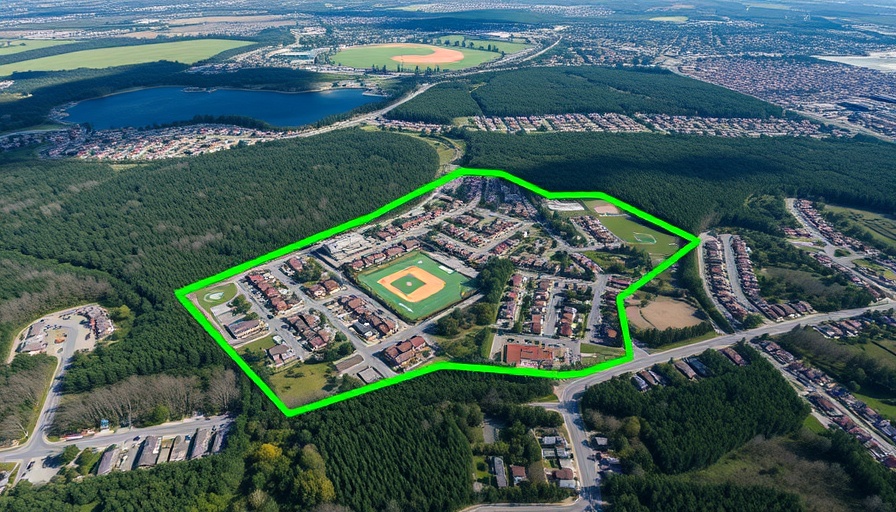
Understanding the Impact of Proposed Medicare Cuts in North Carolina
In a move that has significant implications for health policy in North Carolina, U.S. Sen. Thom Tillis has put forward proposals to cut Medicare Advantage programs as part of President Donald Trump's sweeping $900 billion spending bill. This initiative is being framed as a necessary adjustment aimed at eliminating waste rather than benefits, but the repercussions for local communities, especially senior citizens and vulnerable populations, could be profound.
What Would Medicare Cuts Mean for Seniors?
The suggestion to streamline Medicare is part of a broader conversation about fiscal responsibility in healthcare. Critics argue that the proposed efficiency measures could lead to the denial of vital services for the elderly, who heavily rely on Medicare for their health needs. Immediate concerns raised by local healthcare advocates center on how these cuts might impact access to necessary treatments, medications, and screenings, crucial for maintaining the health of Charlotte’s aging population.
A Closer Look at Medicare's Role
Medicare is more than just a health insurance program; it serves as a lifeline for millions of Americans, particularly seniors. In North Carolina, where the population of individuals aged 65 and older is rapidly increasing, these proposed cuts spark fear among residents and caregivers alike. Advocates for senior health assert that while addressing inefficiencies is essential, cutting costs at the expense of care can lead to deteriorating health outcomes.
Community Voices: The Human Side of Health Policy
Local community members have begun expressing their concerns over Tillis's proposed cuts. For many, Medicare is vital not only for healthcare access but also for peace of mind. Consider Mary, a Charlotte resident, who relies on Medicare for her medications to manage her chronic health conditions. “If I lose access to my medication because of cuts, I don’t know what I will do,” she states. Stories like Mary’s highlight how abstract policies can have tangible effects on people’s lives.
Healthcare Workers Speak Out
Healthcare professionals in Charlotte are also weighing in on the proposed cuts. Many local doctors and nurses are worried that reducing Medicare funding could result in longer wait times for patients, cutbacks in care options, and diminished resources for healthcare facilities. “We already have strains on our healthcare system, and any adjustments to Medicare could exacerbate the challenges we face in providing quality care,” said Dr. James Wells, a prominent physician in the area.
The Financial Implications: A Balancing Act
The nonpartisan report indicating that Trump’s bill could add $2.4 trillion to the national debt over the next decade raises a red flag. It's a complex balancing act: securing financial sustainability while ensuring that the most vulnerable populations aren't left without the necessary support they depend on for their health and well-being. A conversation is emerging around finding ways to reduce waste without undermining the foundational support systems of Medicare.
Future Perspectives: What Lies Ahead for North Carolina?
As the debate unfolds, the future of healthcare funding in North Carolina remains uncertain. Key stakeholders, including healthcare advocates, lawmakers, and the public, must engage in open dialogue to explore viable alternatives to achieve efficiency without sacrificing care. Local businesses and community organizations are likely to play a crucial role in advocating for equitable healthcare solutions that truly meet the needs of all residents.
In light of these proposed changes, it’s essential for residents to stay informed and active in conversations about healthcare policy that directly impacts their lives. As such, Charlotte residents are encouraged to voice their opinions and engage in local health discussions, ensuring that every voice is heard in shaping the future of healthcare in their community.
For those interested in learning more about how these developments will affect health policy in Charlotte, stay tuned to COVID booster updates, and other health-related news through local media, such as WCNC.
 Add Row
Add Row  Add
Add 




 Add Row
Add Row  Add
Add 

Write A Comment